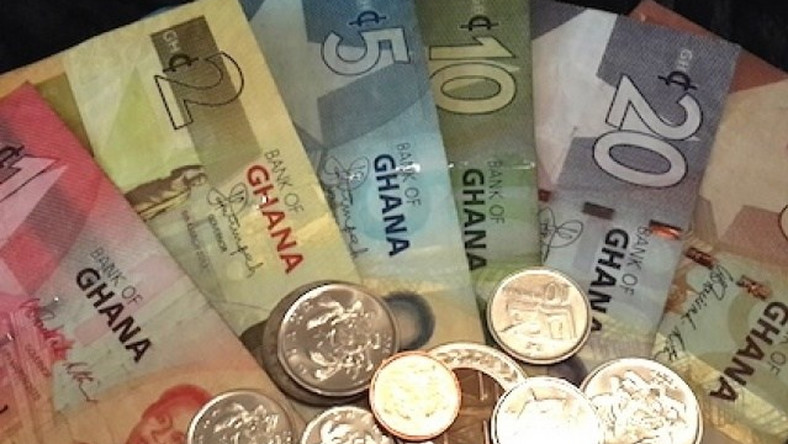BoG to clamp down on illegal trading of Cedi notes and coins
The Bank of Ghana (BoG) has cautioned persons who sell or buy the country’s currency for various purposes.
The apex bank said its attention has been drawn to the trading of Ghana Cedi notes and coins currently in circulation as legal tender on online platforms.
“The Bank of Ghana wishes to inform and remind the general public, that it is the only institution with the right to issue and redeem Ghana Cedi notes and coins in Ghana, according to Article 183 (1) of the 1992 Constitution and section 35 of the Bank of Ghana Act, 2002 (Act 612) as amended.
“It is, therefore, illegal for any person or institution to buy or sell the Ghana Cedi notes or coins currently in circulation, regardless of the purpose or intent for such trading,” the BoG said in a statement.

The apex bank has prohibited such activities except “persons who engage in money exchange for the purpose of making some denominations available to others who need them”.
Any person who buys or sells or offers or attempts to buy or sell any Ghana Cedi note or coin at or for a lower rate than its face value or for an amount exceeding the face value commits an offence and would be liable upon summary conviction to a term of imprisonment not exceeding ten (10) years, or to a fine not exceeding two thousand (2000) penalty units or both, in accordance with the Currency Act, 1964 (Act 242) as amended, the release by issued BoG Secretary Sandra Thompson said.
Some individuals offer to purchase either coins, especially the older denominations in order to extract the metals contained in the coins.
Some individuals also invest in banknotes as collectables.
In the past, coins were sometimes made from valuable metals such as gold and silver. Today, most coins are made with some combination of copper, zinc, and nickel.
Brass and Bronze are also common elements in the current cedi coins in circulation.



